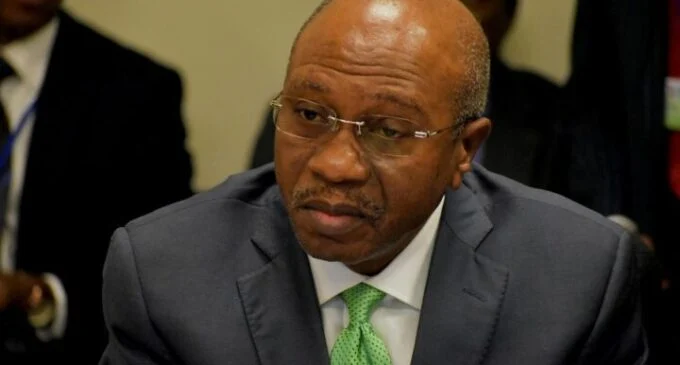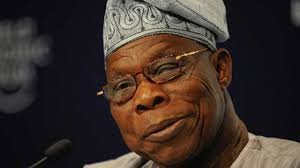By Abubakar Yunusa, Abuja
Barely 24 hours after Finance Minister Zainab Ahmed said her ministry was not consulted over the introduction of new Naira notes, Central Bank of Nigeria (CBN) has said it followed due process in its ongoing process to redesign the N200, N500, and N1,000 banknotes.
CBN , through its spokesman, Osita Nwanisobi, made this known at the weekend in response to Ahmed’s statement that her ministry was not carried along by the apex bank.
He expressed “surprise at the minister’s claim, stressing that the CBN remains a very thorough institution that follows due process in its policy actions”.
According to him, the management of the CBN, in line with provisions of section 2(b), section 18(a), and section 19(a)(b) of the CBN Act 2007, had duly sought and obtained the approval of President Muhammadu Buhari in writing to redesign, produce, release and circulate new banknotes.
He also noted that currency management in the country had faced several escalating challenges which threatened the integrity of the Naira, the CBN, and the country.
He added that every top-rate Central Bank was committed to safeguarding the integrity of the local legal tender, the efficiency of its supply, as well as its efficacy in the conduct of monetary policy.
On the timing of the redesign project, Nwanisobi explained that the CBN had even tarried for too long considering that it had to wait 20 years to carry out a redesign, whereas the standard practice globally was for central banks to redesign, produce and circulate new local legal tender every five to eight years.
He assured Nigerians that the redesign will deepen Nigeria’s push to entrench a cashless economy in the face of increased minting of the eNaira, help to curb the incidents of terrorism and kidnapping, amongst others.



















